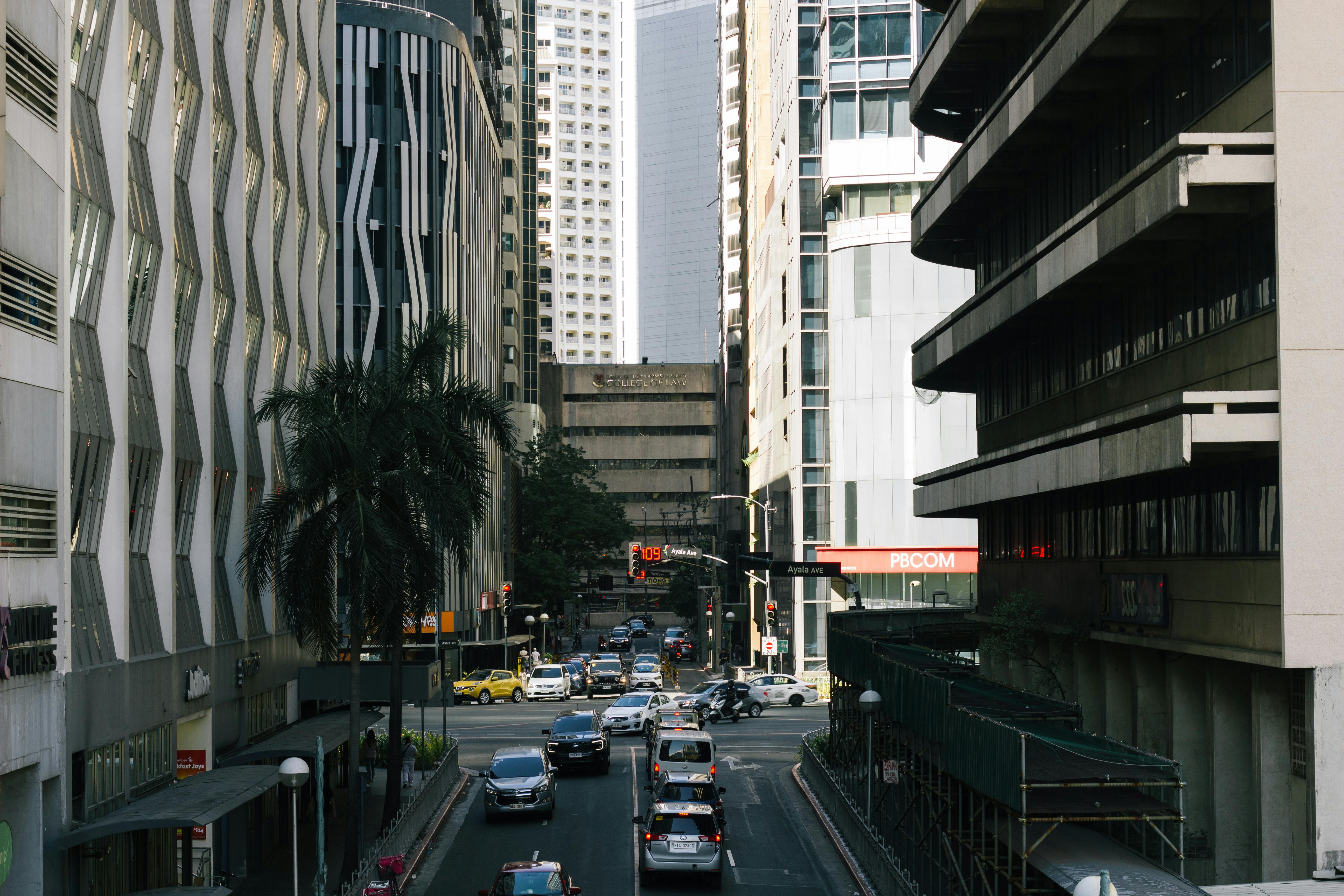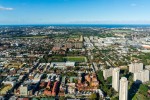Renting as a Foreigner in the Philippines - A Guide for Expats
The Philippines is a tropical paradise with stunning beaches, vibrant cities, and a warm, welcoming culture. It's no wonder many foreigners choose to live here for work, retirement, or simply to enjoy the island life. However, renting a home in the Philippines as a foreigner can be a unique experience with its own set of challenges and considerations. This guide aims to provide you with all the essential information you need to navigate the rental market in the Philippines successfully.
Understanding the Rental Market
The rental market in the Philippines varies greatly depending on the location. Major cities like Manila, Cebu, and Davao have many rental options, from high-end condos to budget apartments. In contrast, rural areas and smaller towns may offer fewer choices but can provide a more authentic and relaxed lifestyle.
Types of Properties
- Condos: Popular among expats, especially in urban areas. They offer amenities like swimming pools, gyms, and security.
- Houses: More common in suburban and rural areas. These can range from modest homes to luxury villas.
- Apartments: Found throughout the country, often cheaper than condos but may lack amenities.

Legal Considerations
As a foreigner, it's important to understand the legal aspects of renting in the Philippines. Here are some key points:
- Lease Agreements: Lease agreements are typically for one year, but shorter terms can be negotiated. Make sure to have a written contract.
- Deposit: Usually, landlords require a security deposit equivalent to one or two months' rent.
- Foreign Ownership: While foreigners cannot own land, they can own buildings. This means you can rent or own a condo unit but not the land it sits on.
Finding a Rental Property
There are several ways to find rental properties in the Philippines:
- Online Platforms: Websites like Lamudi, Property24, and Facebook Marketplace are popular for listings.
- Real Estate Agents: Hiring an agent can be helpful, especially if you’re unfamiliar with the area.
- Local Connections: Networking with locals or other expats can provide good rental opportunities.

Rental Prices
Rental prices vary significantly based on location and property type. Here’s a rough guide:
- Manila: A one-bedroom condo in Makati or BGC can cost between PHP 25,000 to PHP 60,000 per month.
- Cebu: Expect to pay around PHP 20,000 to PHP 50,000 for a similar condo.
- Davao: Prices are lower, ranging from PHP 15,000 to PHP 35,000.
Negotiating Rent
Negotiation is a common practice in the Philippines. Here are some tips:
- Research: Know the average rental prices in the area.
- Long-Term Lease: Landlords may offer discounts for longer lease terms.
- Inclusions: Clarify what is included in the rent, such as utilities and maintenance fees.
Living in the Philippines
Adjusting to life in the Philippines can take some time, but the friendly locals and vibrant culture make it worthwhile. Here are a few tips:
- Language: English is widely spoken, but learning some basic Filipino phrases can be helpful.
- Culture: Understanding local customs and traditions will enrich your experience.
- Safety: While generally safe, staying aware of your surroundings and following local advice is important.
Conclusion
Renting a home in the Philippines as a foreigner involves some unique challenges, but it can be a smooth and rewarding process with the right information and preparation. Whether you’re looking for a city condo or a beachside house, the Philippines has something to offer for every lifestyle. Enjoy your stay in this beautiful country!




